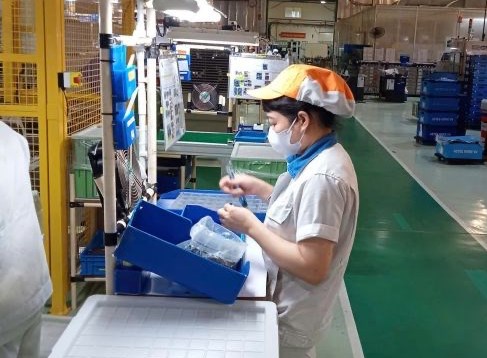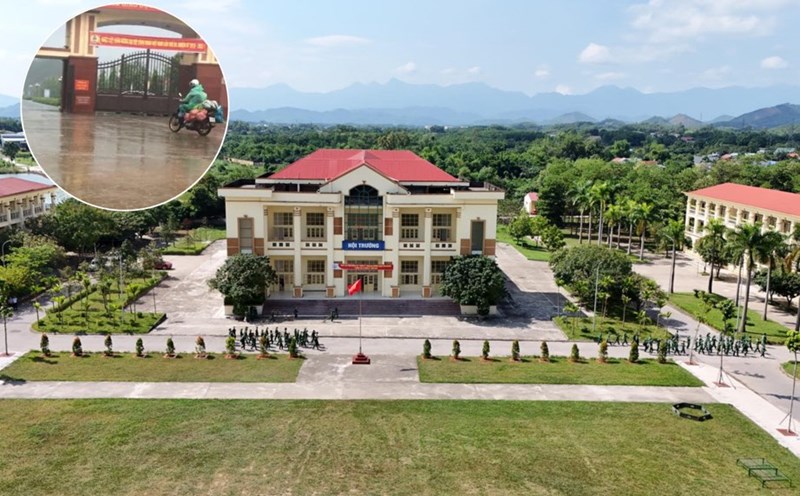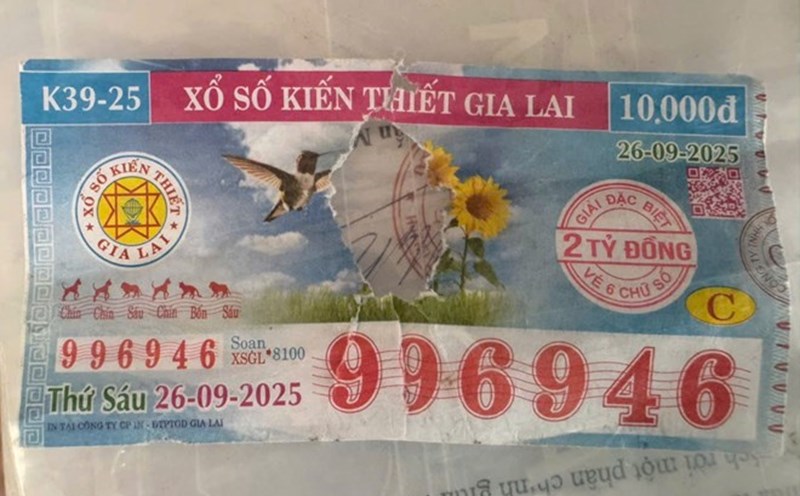
Re-leasing is a form of business that hires workers and then hires them to another party to work for a certain period of time. During that process, workers still sign contracts with the subleasing enterprise, but work under the management of the subleasing party.
According to Decree 145/2020/ND-CP, enterprises that want to operate in this field must have a labor lease license and a legal deposit at a bank. The deposit is used to pay salaries, pay insurance and pay benefits to employees if the enterprise is unable to pay or violates the contract.
Renting workers are still legally sub-leased by enterprises, so all salary, insurance, and benefits are paid by this enterprise. The lessee is responsible for arranging safe work, not allowing the lessee to replace the person who is on strike or illegally fired.
When implementing this model, businesses need to clearly understand the list of jobs that are allowed to be leased, follow the correct deposit and licensing process to avoid legal risks. Labor leasing is only effective when all three parties - the enterprise, the lessee and the employee - comply with the provisions of law.











